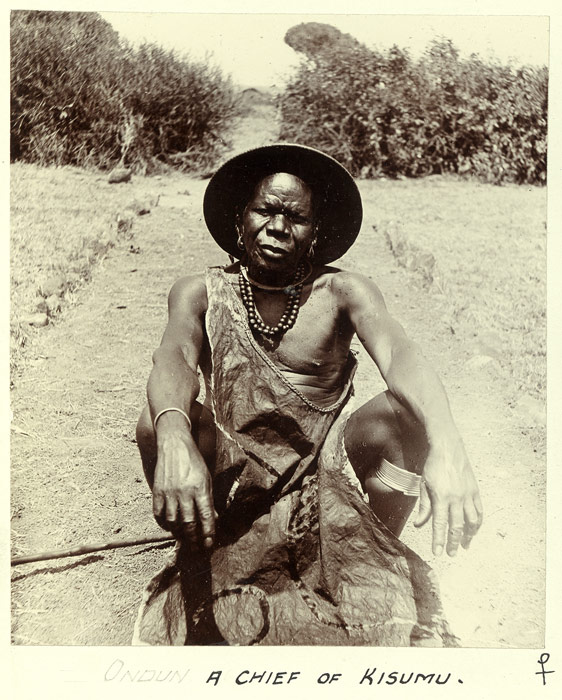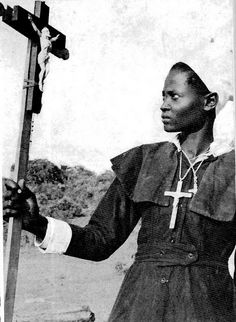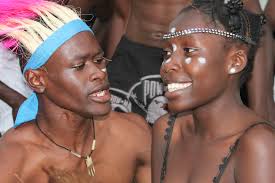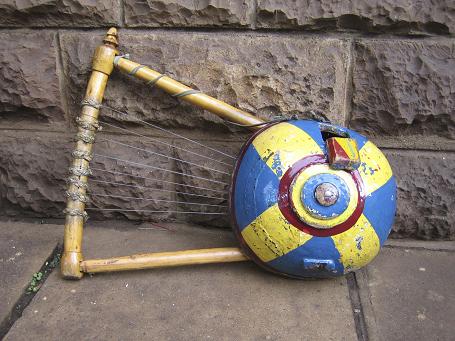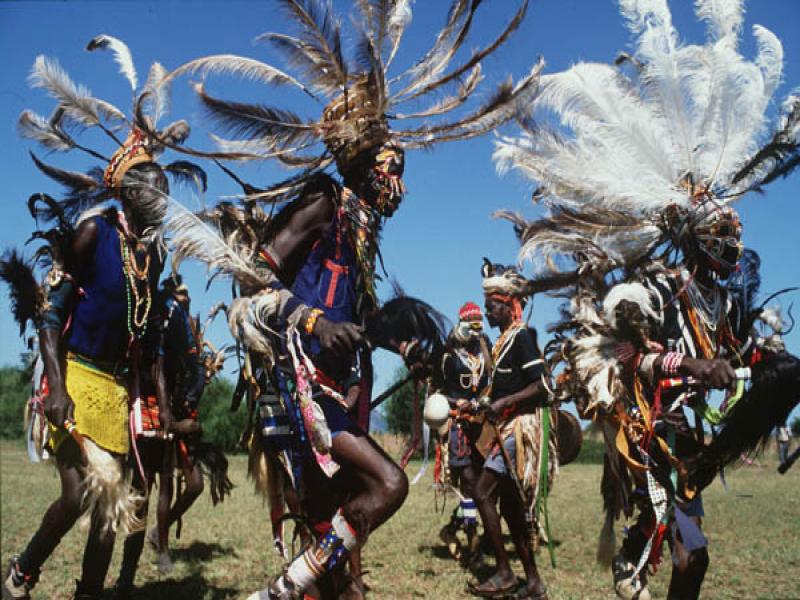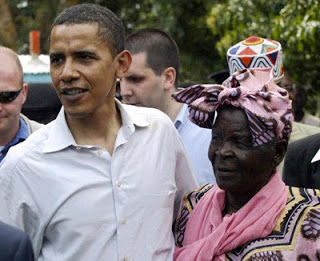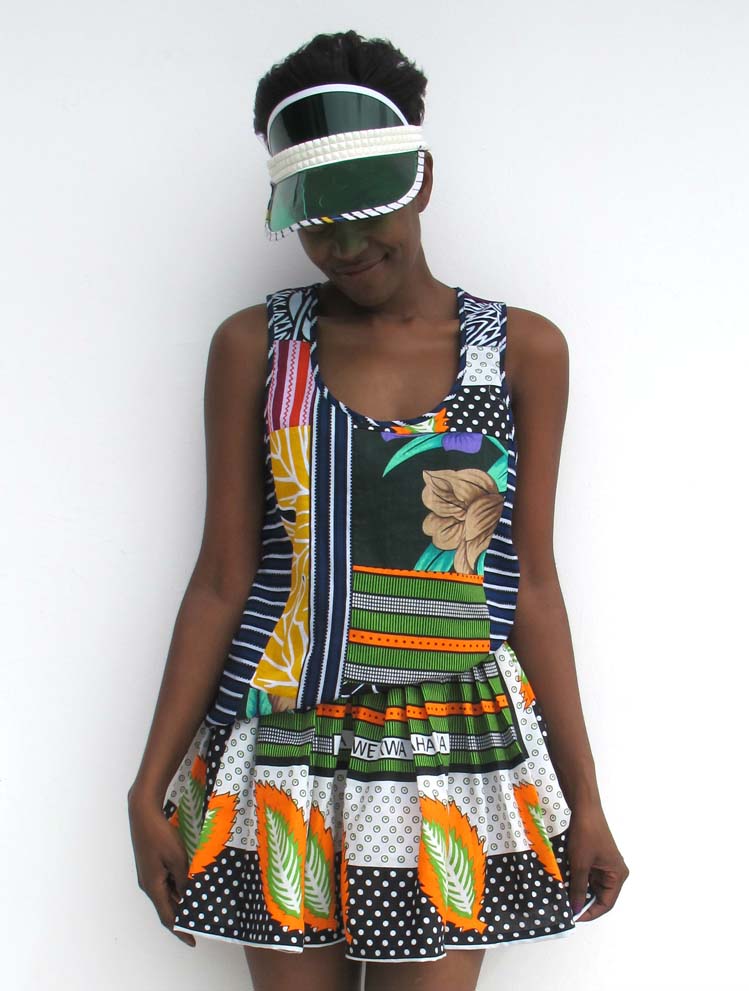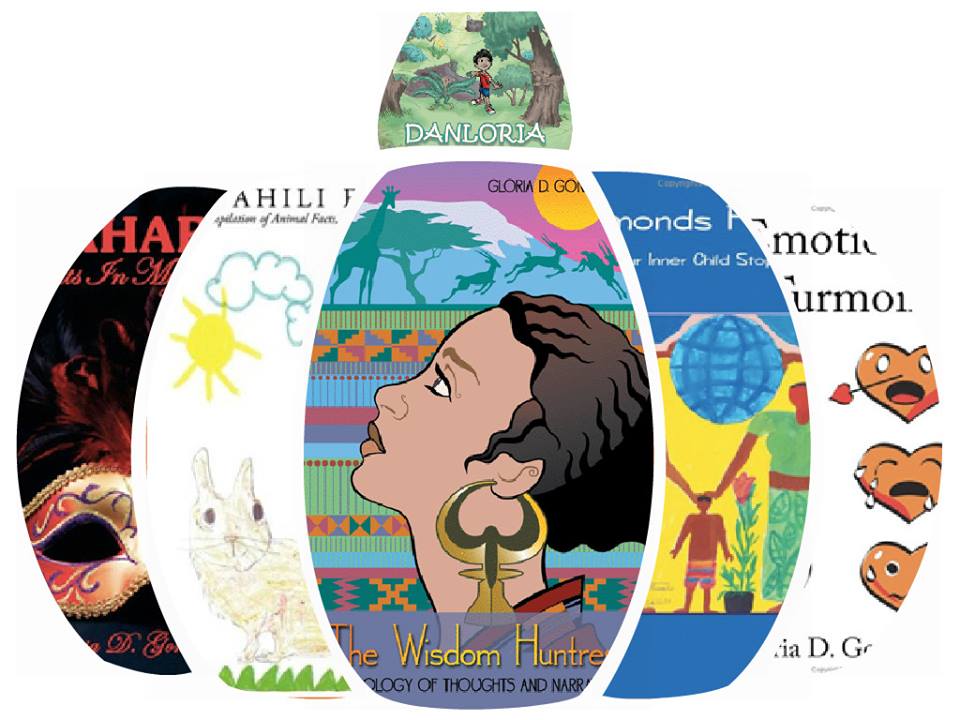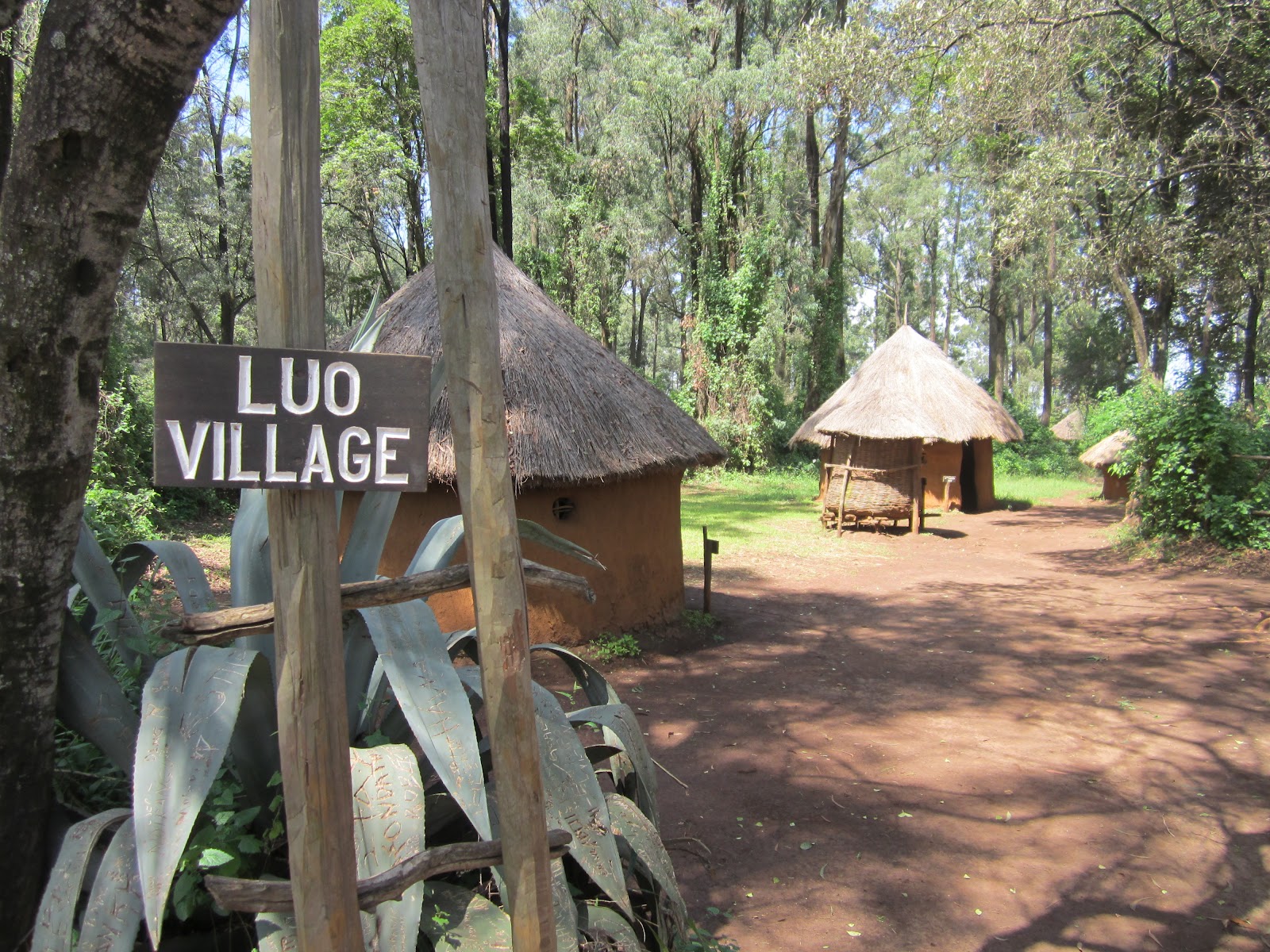

The Luo, also known as the Dholuo/ Jaluo/ Joluo, are a tribe found mostly in Western Kenya, Eastern Uganda and in the Mara region of Northern Tanzania.
The Luo are the third largest ethnic group in Kenya. They belong to the Nilotic group of people under the River/Lake sub group. Ancestrally they came from Sudan’s Bar el Ghazel Region or Wau area in Southern Sudan and traveled in four groups, Jok a Jok who migrated in two waves, Joka Owiny and Joka Omolo. They used the Uganda route before they settled in Kenya around Lake Victoria. They are also closely related to the Acholi, Lango, Adhola and Alur who all speak the Dholuo language; the one spoken by the Jaluo is considered to be proper and standard. The Suba people, who are Bantus found in both Kenya and Uganda, intermarried with the Jaluo since they live on the Rusinga and Mfangano Islands found on Lake Victoria. The luos also intermarried with their neighbors the Kisii, Nandi, Luhya and Kipsigis. Presently there are approximately 27 sub-groups of the Luo found in Kenya.
Due to their location, the Luo typically enjoy eating fish, paired with ugali and various indigenous vegetables unique to their region, and shared mostly by the Luhya, Kisii and Kalenjin tribes. Most of them attribute their brainy nature to eating fish. Most Luos are tall, dark skinned, have a well-built frame and physique, and healthy hair, which they all tie down to their healthy diet. In the old days they would also be recognized by the lack of their six lower teeth, which were taken during initiation. The lower gap gave them accented speech; for example they would say fis instead of fish.
The Luo had their traditional religion and referred to God as Nyasaye. Some still practice traditionally, but a majority of them now practice modern religions like Isam and Christianity.
Customarily, Luo marriages were initiated by matchmakers, and the families would then investigate each other before moving forward. A groom pays a bride price in two stages. The first stage involves payment of money to the bride’s mother and the second stage involves giving cattle to the bride’s father. If during a marriage the husband dies the wife is inherited by her brother-in-law, and if the wife dies her sister is given to her husband. This culture is increasingly being abandoned due to the rising cases of HIV/AIDS. Traditionally, the Luo were polygamous, but now many are opting for monogamy.
The Luo happen to be musical. They have various indigenous musical instruments like the Nyatiti (an eight stringed lyre played by men), Gara- jingles (worn on the ankles in accompaniment to the Nyatiti), Oduong’o-metal rings (worn on the big toe as a timer when playing the Nyatiti), Bunde drums (a set of six drums), Bul (played by hitting with two sticks known as Kete), Orutu (one stringed type of fiddle), Abu (a horn made of calabash), Tung’ (a cow horn), Oporo (Kudu horn) and Dodo Shakers (made of bottle tops).
The instruments are played in accompaniment of the ORUTU and KARACHUONYO dances during harvest, TERO BURU during funerals and dirges, DODO and OHANGLA dances when welcoming warriors back from war or during wrestling matches and OLENGO during courtship. Music was also used for ritual purposes, for example during rain making, divination and healing. Costumes take centre stage in their dances and the women usually wear a sisal skirt known as Owalo and beads on their necks and waist known as Ombulu. The men wear a skin known as Chieno/ Kuodi from their waist or shoulders downwards. They also wear headgear known as Ligisa. In Kenyan modern music, the Luo have made a huge contribution with Benga music, which has been adopted all over East Africa and Congo.
Of course, the Luo tribe has taken the international spotlight in recent years. Traditionally, the Luo were skilled fishermen. A small fraction of the tribe practiced farming and pastoralism. Now they tribe have spread far and wide and embraced various professions, and since they are known for their flamboyance and pride, any career they embrace must carry prestige to the tribe and to the individual.
This is evident with the likes of 44th American President Barack Obama, Oscar winning actress Lupita Nyong’o, ice hockey player Johnny Oduya, wrestler David Otunga, footballer Dennis Oliech and many others, who are all descendents of the Luo.



